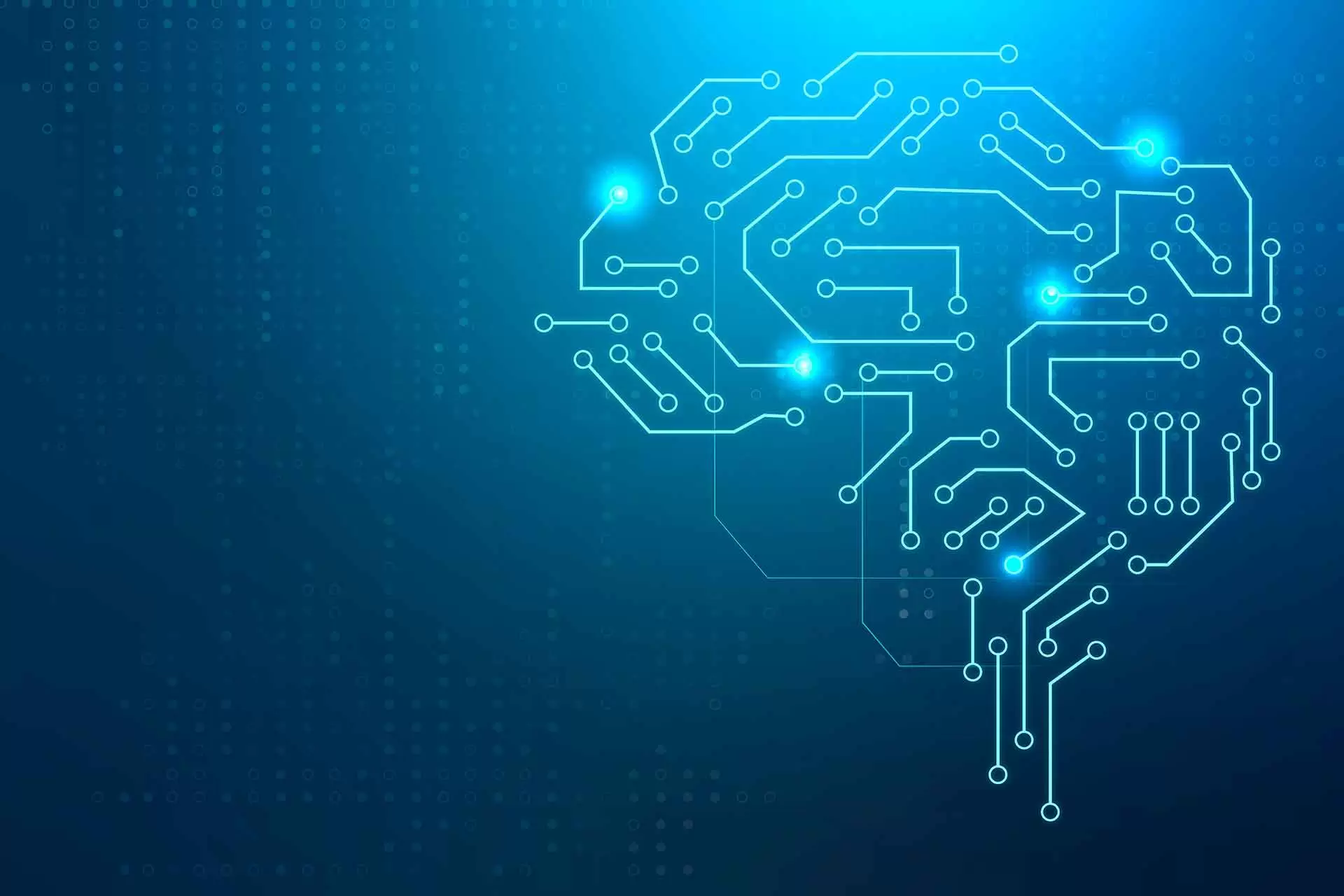
13.11.2024
Machine Learning: The Technology of the Future and Its Power
What Is Machine Learning?
Machine learning (ML) is a branch of artificial intelligence (AI) that enables computer systems to gain the ability to learn through data analysis without being explicitly programmed. In other words, it allows computers to learn from experience by using algorithms and data models. The greatest advantage of this technology is its ability to continuously improve itself by analyzing large amounts of data and drawing insights from them without human intervention.
The Fundamentals of Machine Learning
-
Data: Data is the backbone of machine learning. Large datasets are needed to train and test the algorithms. This data is used for the system to learn, and predict future states.
-
Algorithms: Algorithms in machine learning work on data to identify patterns and relationships. These algorithms are categorized into three main groups:
-
Supervised Learning: Algorithms that work on the labeled datasets learn to establish a connection between output and input data. For example, e-mail filtering systems use supervised learning to classify incoming messages as ’’spam’’ or ’’not spam’’
-
Unsupervised Learning: It works on unlabeled datasets and focuses on discovering hidden patterns within the data. For example, algorithms that performs customer segmentation group the data into clusters.
-
Reinforcement Learning: Agents learn optimal strategies by receiving feedback while interacting with an environment. This learning method is common in robotics and gaming industry.
Applications of Machine Learning
Machine learning is applied across a wide range of fields today. Here are some of the impressive applications of this technology in various industries:
-
Health: Machine learning plays a significant role in disease diagnosis, treatment recommendations and genetic analysis. For example, machine learning algorithms that analyze MRI scans help doctors to make faster and more accurate diagnoses.
-
Finance: Machine learning is commonly used in areas such as credit card fraud prevention and risk management. Algorithms detect the unusual transactions by learning the shopping habits of the users.
-
E-commerce: Product recommendation systems provides a personalized shopping experience to the customers. The platforms such as Amazon and Netflix analyze the user actions and decide which products or movies will be recommended.
-
Autonomous Vehicles: Autonomous vehicles have the ability to move by sensing data from their surroundings. These vehicles continuously learn to recognize traffic signs, detect pedestrians, and determine the optimal route.
The Advantages and Challenges of Machine Learning
Machine learning faces some challenges despite offering many advantages:
-
Advantages:
-
Increasing Productivity: It analyzes such large datasets that a human would not be able to, and provides more accurate and faster results.
-
Personalized Experience: It provides the users or customers with a better experience by offering personalized recommendations.
-
Customizable Models: It is possible to optimize models by different requirements.
-
-
Challenges:
-
Data Quality: The quality of the data directly affects the learning process. Incorrect or inadequate data can lead to inaccurate results.
-
Security and Privacy: Especially in the health and finance sectors, the security and privacy of data are of great importance. Machine learning algorithms must process this data in a secure manner.
-
The Future of the Machine Learning
Machine learning will become even more widespread in the future and will be integrated with more advanced technologies. In particular, by merging with artificial intelligence, autonomous systems are expected to improve, making data analysis faster and more effective. Additionally, with the acceleration of Industry 4.0 and digital transformation processes, machine learning is expected to revolutionize areas such as manufacturing, logistics, and customer service.
Machine learning is the key to increasing efficiency and developing new solutions in the business world. With evolving data analysis methods and artificial intelligence infrastructures, the learning capabilities of machines are becoming increasingly powerful. For businesses, adopting this technology will be critical in gaining a competitive edge and creating more innovative solutions.